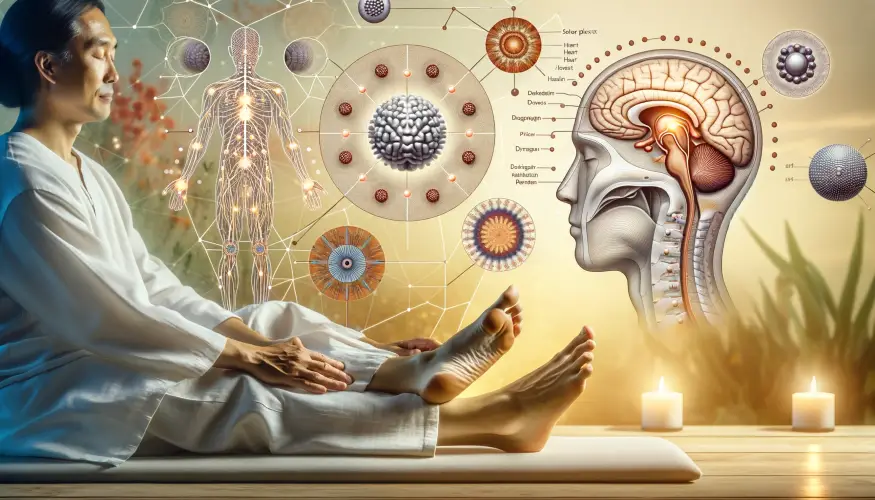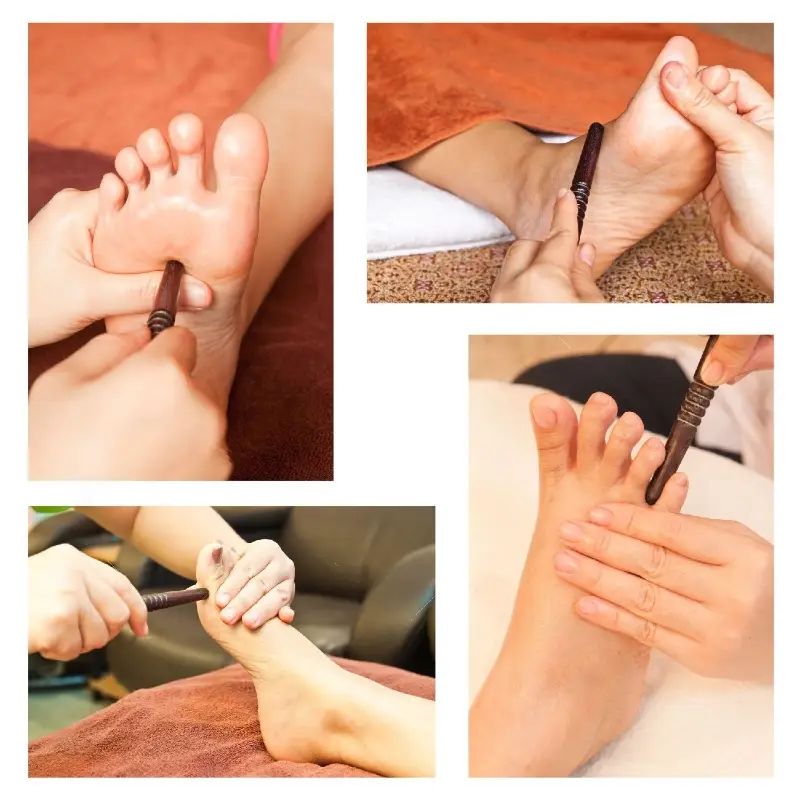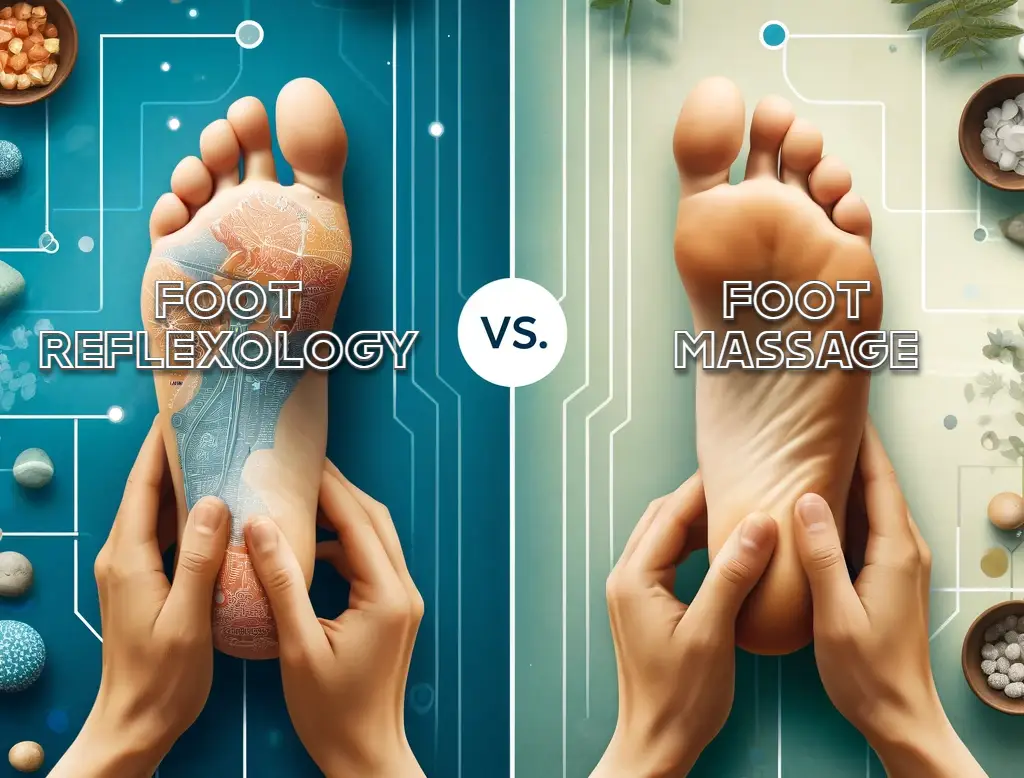Reflexology and Mental Health: Reflexology, a holistic therapy that involves applying pressure to specific points on the feet, hands, and ears, has gained recognition for its potential benefits in promoting physical and mental well-being. This ancient practice is based on the idea that these pressure points correspond to different organs and systems within the body. Among its various applications, reflexology is increasingly being explored for its positive impact on mental health, particularly in managing conditions like social phobia.
Understanding the connection between reflexology and mental health reveals how this therapy can help alleviate symptoms of anxiety and promote overall emotional balance. By stimulating specific reflex points, reflexology can influence the nervous system, reduce stress, and enhance overall mental well-being, making it a valuable complementary therapy for those struggling with social phobia.
Key Sections Of Reflexology and Mental Health
Understanding Reflexology
Reflexology is rooted in the belief that the body contains an intricate network of energy pathways, and by stimulating certain points, it is possible to influence overall health and wellness. The feet, often the primary focus of reflexology, are thought to mirror the entire body, with specific areas corresponding to different organs and systems.
The Connection Between Feet and Mind
- Nervous System Stimulation:
Reflex points on the feet are linked to the nervous system. By applying pressure to these points, reflexology can stimulate nerve function, promoting a calming effect on the mind and body. This is particularly beneficial for individuals with social phobia, as it helps reduce the heightened state of anxiety often experienced in social situations. - Stress Reduction:
The adrenal glands, responsible for producing stress hormones, are represented on the feet. Reflexology can help regulate the function of these glands, leading to a decrease in the production of cortisol and adrenaline, the hormones associated with stress. Lower stress levels can significantly alleviate symptoms of social phobia. - Balancing Hormones:
Reflexology targets points related to the endocrine system, which regulates hormone production. By balancing hormones, reflexology can improve mood and reduce anxiety, creating a more stable mental state for those with social phobia. - Enhancing Circulation:
Improved blood circulation through reflexology can lead to better oxygenation of the brain and other vital organs. Enhanced circulation supports overall brain function, helping to manage the symptoms of anxiety and promoting mental clarity. - Promoting Relaxation:
Reflexology is well-known for its ability to induce deep relaxation. The relaxation response triggered by reflexology can help soothe an overactive mind, making it easier for individuals with social phobia to feel calm and composed in social settings.
Specific Reflex Points for Mental Health
- Solar Plexus Point:
Located in the center of the foot, this point is associated with stress relief and emotional balance. Stimulating the solar plexus point can help reduce anxiety and promote a sense of calm. - Heart Reflex Points:
Found on the balls of the feet, these points correspond to the heart and circulatory system. By stimulating these points, reflexology can support emotional well-being and help alleviate anxiety. - Diaphragm Line:
Running across the foot, this line is associated with breathing and relaxation. By working on the diaphragm line, reflexologists can help clients improve their breathing patterns, which is crucial for managing anxiety. - Pituitary Gland Point:
This point, located in the center of the big toe, is linked to the body’s hormone regulation. Stimulating the pituitary gland point can help balance hormones and support mental health.
Integrating Reflexology with Other Therapies
Reflexology can be an excellent complementary therapy for individuals with social phobia. When combined with other treatments such as cognitive-behavioral therapy (CBT), mindfulness practices, or medication, reflexology can enhance overall treatment outcomes. This integrated approach can provide a more comprehensive strategy for managing social anxiety, addressing both the physical and psychological aspects of the condition.
Auckland Reflexology
Auckland Reflexology offers a holistic and non-invasive approach to improving mental health, particularly for those struggling with social phobia. By stimulating specific points on the feet, reflexology can help reduce anxiety, promote relaxation, and support overall well-being. For individuals seeking alternative or complementary therapies to manage social anxiety, reflexology presents a promising option that bridges the connection between the feet and the mind.
For more information or to book a session, Contact Auckland Reflexology .



